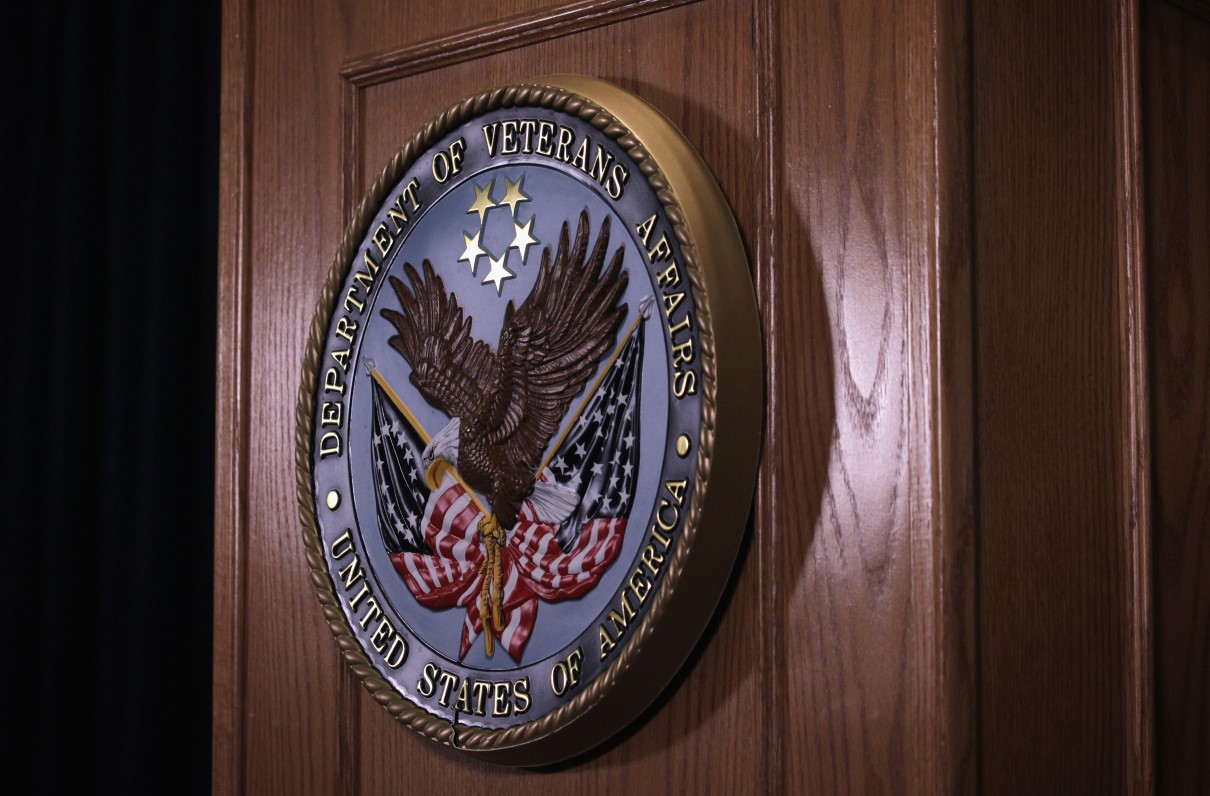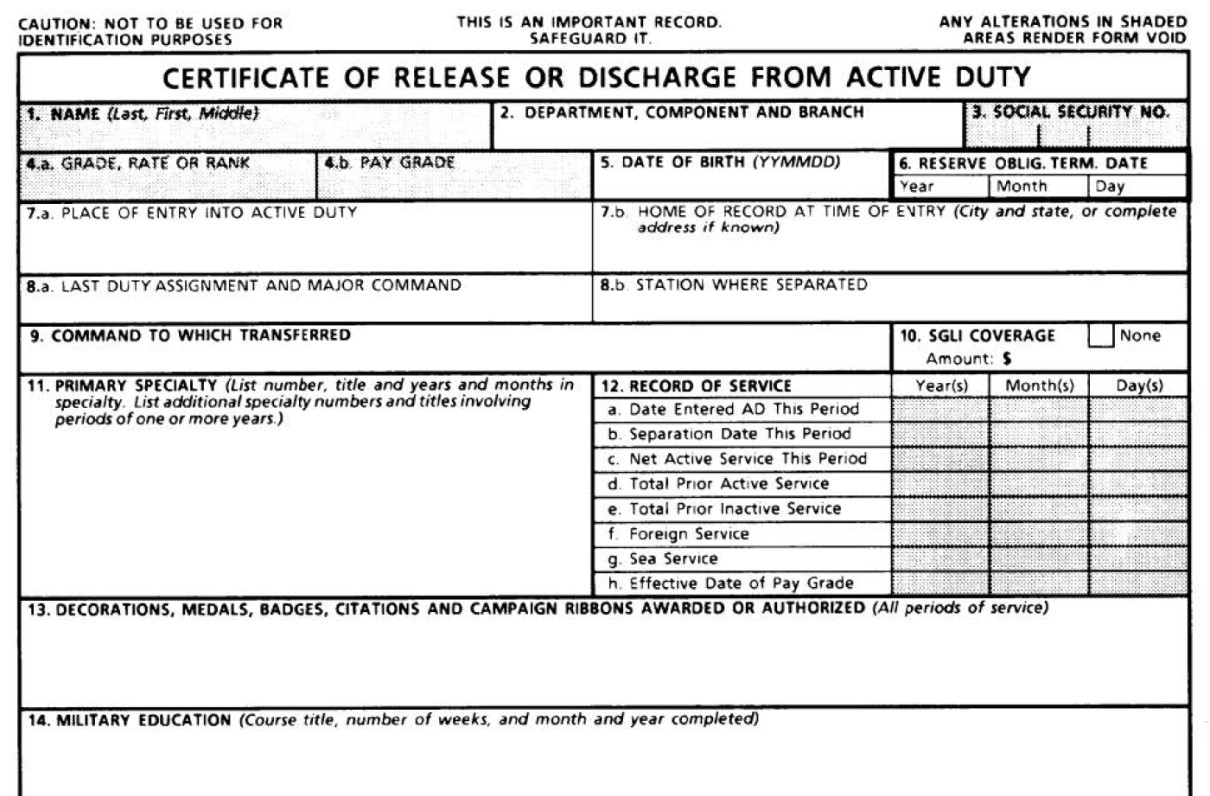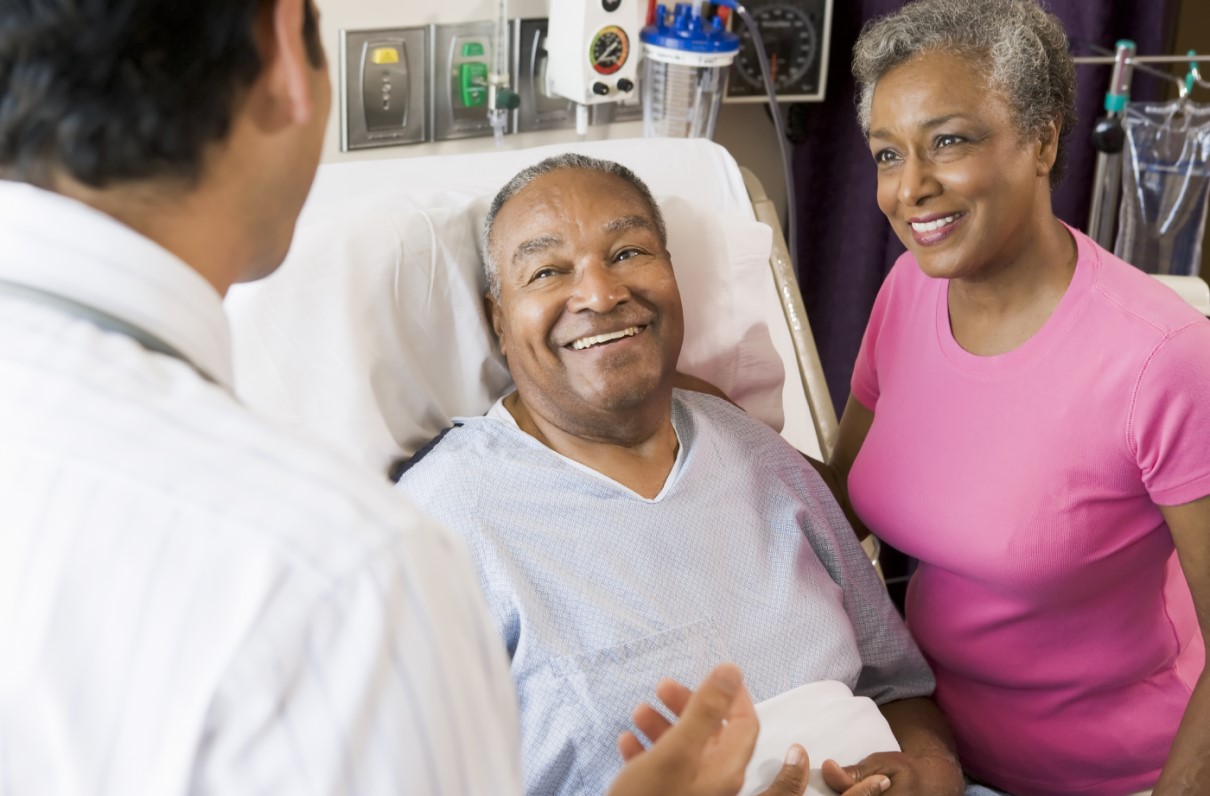The VA will change the way some veterans receive care, including urgent care, beginning June 6, when the department launches an element of the MISSION Act called the VA Community Care Program (VCCP).
The VA has shared critical information to service organizations like MOAA to help get the word out. MOAA staff has answered some questions below. Check back at MOAA.org for more details as they become available. As of June 5, you’ll also be able to click these links for full urgent care and VCCP regulations as published in the Federal Register.
[FROM VA.GOV: Health Care Options Through VA (PDF)]
A. The MISSION Act is a landmark law enacted last year to strengthen VA’s ability to deliver the best care and services. Key portions of the act will:
- Expand eligibility for caregiver services to all eras of veterans.
- Expand telehealth services.
- Increase access to community care
- Establish access to urgent care in the community.
A. You may be eligible for community care if:
- You need a service that’s not available at VA (e.g. maternity care).
- You reside in a U.S. state or territory without a fullservice VA medical facility.
- You meet average drive-time or appointment wait-time requirements (See below).
- It’s in your best medical interest to be referred to a community provider.
- You need care from a VA medical service line that isn’t providing care that complies with VA’s quality standards.
- You met previous criteria for eligibility under the Veterans Access, Choice, and Accountability Act of 2014, and you fall into at least one of the following categories:
- You live in Alaska, Montana, North Dakota, South Dakota, or Wyoming.
- You received care or services between June 6, 2017, and June 6, 2018, and you are seeking care before June 6, 2020.
A. VA’s standards would make veterans eligible for community care if they:
- Must drive 30 minutes to a VA facility to receive primary, mental health, or non-institutional extended care; or must drive 60 minutes for specialty care.
- Must wait 20 days for a VA appointment to receive primary, mental health, or non-institutional extended care; or must wait 28 days for specialty care.
Q. How are these different from the old standards?
A. The old system required veterans to be more than 40 miles from a VA facility or face a 30-day wait for an appointment.Q. Will VA still need to officially authorize the care I receive in the community?
A. Community care generally must be authorized in advance by VA before a veteran can receive care from a community provider. VA has proposed an exception to this when a veteran receives emergency care from an in-network entity or provider and VA is notified within 72 hours, if certain additional conditions are met. The requirement for care to be authorized in advance by VA does not apply to the urgent care/walk-in care benefit that VA is establishing.
Q. Who will schedule my community care appointments?
A. As VA implements its new Community Care Network (CCN) in 2019 and 2020, community care appointments will be scheduled directly by VA, not a third party. You will also continue to have the option of making your own community care appointments.
Q. Will I be able to go to any community provider I want?
A. If you are eligible for community care, you will be able to receive care from a community provider who is part of VA’s Community Care Network.
Q. Will the process for getting prescription medication changed?
A. There are no changes to how prescriptions are processed. You’ll be able to get urgent prescription medication in your community, while routine or long-term prescription medication (longer than 14 days) will be provided by a VA pharmacy.
Q. Will I have to pay a copayment for community care?
A. Copayment charges work the same way with community care as they do if you receive care at a VA medical facility. Usually, this means you’ll be charged a copayment for non-service connected conditions. Copayment charges and payments are made through VA, not through your community provider.
Q. I like the care I get at VA and don’t want to go to a community provider, even if I’m eligible. Can I still go to the VA?
A. Yes, veterans who are eligible for community care will continue to have the choice to receive care at VA or a community provider.
Q. I am receiving community care right now, and I like the clinician who is taking care of me. With these changes, will I still be able to see my clinician?
A. Eligibility for community care will continue to be dependent upon your individual health care needs and circumstances, available care at a VA medical facility, and other factors. VA staff will work with you to determine your eligibility and if you can continue to see your clinician.
Q. What is the urgent care benefit?
A. VA does not publish a specific list of covered services for urgent care, so veterans are encouraged to call or visit their local VA medical facility for more information after the benefit starts June 6 so a VA staff member can advise you on available urgent care providers and provide more details on the benefit.
Generally, VA will provide access to urgent, non-emergency care through its network of contract providers. This does not include preventive health care (with the exception of flu vaccinations). The benefit does not require a pre-authorization — veterans can access providers in the network when it is convenient for them.
Veterans must be enrolled in VA health care and received care through VA in the last 24 months prior to the visit. There are also copayments to access the benefit which is based on the veteran’s priority group and the number of urgent care visits during a calendar year.
[RELATED: 8 Things to Know About VA's New Urgent Care Benefit]
Q. I’ve got more questions.
A. Visit the VA’s health care web portal for department contact information or visit your local VA Medical Center. Click here to locate a VA Medical Center near you.
MOAA members who’d like to report their community care/urgent care experiences can email legis@moaa.org; these may help MOAA shape advocacy efforts, or may be part of future conversations with VA officials seeking ways to streamline or otherwise improve the process.




